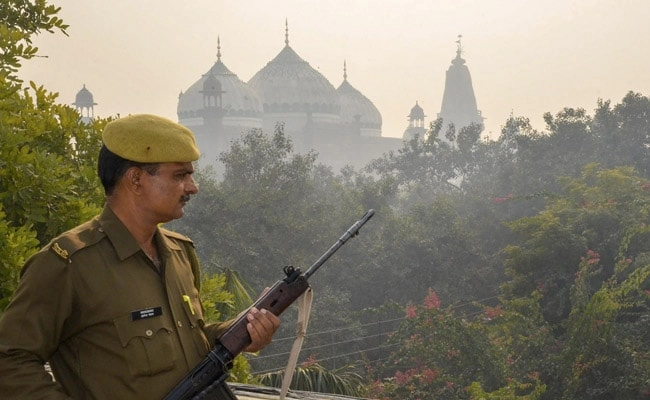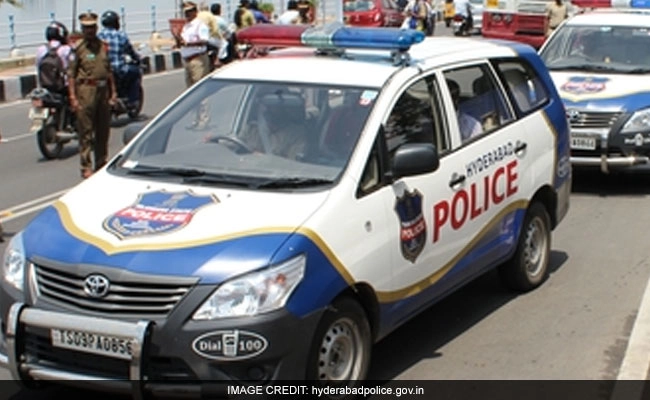In a significant ruling, the High Court has dismissed a plea seeking to declare the Shahi Idgah Mosque as a disputed structure. This decision has important implications for the ongoing debates surrounding religious sites in India, particularly given the sensitive historical context of the Shahi Idgah Mosque, which is located adjacent to the Krishna Janmabhoomi temple in Mathura, Uttar Pradesh. The petitioners argued that the mosque is built on land that historically belonged to a Hindu temple, thus claiming it as a disputed site. However, the court found insufficient grounds to classify the mosque in this manner, reinforcing the legal status of the structure and highlighting the complexities involved in matters of religious heritage and historical claims.
The ruling reflects the High Court’s commitment to upholding the existing legal framework surrounding religious sites. By rejecting the plea, the court has aimed to maintain the status quo and prevent further escalation of tensions that often arise from disputes over religious places. This decision is likely to be welcomed by those who advocate for communal harmony and seek to discourage divisive narratives that have historically plagued the region. Furthermore, the court’s judgment emphasizes the need for careful consideration of historical evidence and legal precedents when dealing with such sensitive issues.
As the case of the Shahi Idgah Mosque illustrates, the intersection of religion, history, and law can lead to contentious disputes that resonate deeply within communities. The High Court’s ruling serves as a reminder of the judicial system’s role in mediating these disputes, providing a legal framework to navigate the complexities involved. This particular decision could set a precedent for future cases involving claims over religious sites, potentially influencing how similar disputes are addressed in the years to come. The ruling also underscores the importance of approaching such matters with a sense of responsibility and respect for the diverse beliefs that exist within society.
In conclusion, the High Court’s rejection of the plea to declare the Shahi Idgah Mosque as a disputed structure marks a critical moment in the ongoing discourse regarding religious sites in India. It highlights the judiciary’s role in maintaining order amidst historical grievances and the need for dialogue and understanding among various communities. This decision not only impacts the immediate situation surrounding the mosque but also contributes to the broader conversation about religious harmony and coexistence in a diverse nation. As society reflects on this ruling, it is essential to foster an environment where legal resolutions can help bridge divides rather than exacerbate them.




